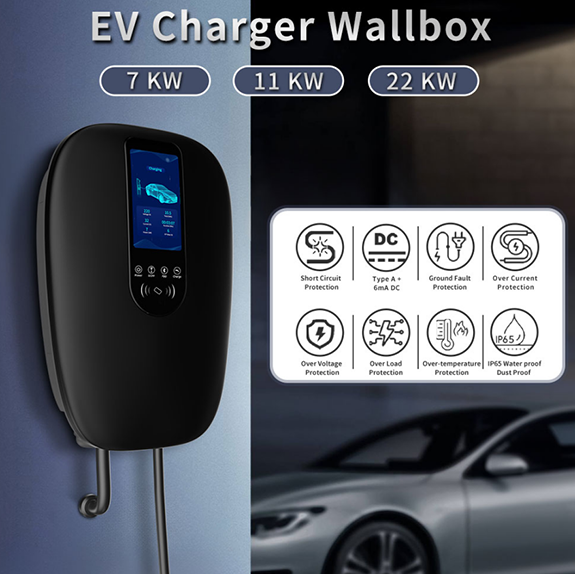In recent years, communication technology has played a pivotal role in revolutionizing various industries, and the electric vehicle (EV) charging sector is no exception. As the demand for EVs continues to rise, efficient and seamless charging solutions have become paramount, leading to significant advancements in communication technology within the charging infrastructure.
Traditionally, EV charging stations have relied on basic communication methods such as RFID (Radio-Frequency Identification) cards or smartphone apps to initiate charging sessions. However, companies are now implementing more sophisticated communication protocols, enhancing the charging experience for EV owners and operators alike.
One notable development is the integration of the ISO 15118 protocol, commonly referred to as Plug and Charge technology. This protocol enables EVs to communicate directly with the charging station, eliminating the need for authentication procedures such as swiping cards or launching mobile apps. With Plug and Charge, EV owners simply plug in their vehicle, and the charging session automatically begins, streamlining the charging process and ensuring a hassle-free experience.
Furthermore, advancements in communication technology have enabled bi-directional charging capabilities, commonly known as Vehicle-to-Grid (V2G) integration. V2G technology enables EVs to not only charge from the grid but also supply excess energy back to the grid when necessary. This bidirectional communication facilitates a balanced and efficient flow of energy, enabling EV owners to actively participate in demand response programs and contribute to grid stability. V2G integration opens up new revenue streams for EV owners, making EVs not just a means of transportation but also mobile energy assets.
Moreover, the Internet of Things (IoT) has revolutionized the monitoring and control of charging infrastructure. Charging stations equipped with IoT sensors and connectivity enable real-time monitoring, remote diagnostics, and predictive maintenance. This proactive approach enhances the reliability and uptime of charging stations while reducing downtime and repair costs.
In parallel, charging infrastructure providers are leveraging data analytics to optimize charging station placement and operation. By analyzing charging patterns, energy demand, and user behavior, charging network operators can make informed decisions to ensure optimal charging availability, reduce congestion, and improve user satisfaction.
Through these advancements, communication technology is creating a more connected and intelligent charging ecosystem. Electric vehicle owners can expect enhanced convenience, seamless charging experiences, and increased participation in the broader energy landscape. Simultaneously, charging infrastructure providers benefit from improved operational efficiency, better resource planning, and increased revenue opportunities.
As the electrification of transportation continues to accelerate, the ongoing development and integration of advanced communication technology will be crucial for establishing a reliable and user-centric charging infrastructure. With ongoing research and innovation, we can anticipate even more exciting advancements in the future, further propelling the adoption of electric vehicles and shaping the sustainable mobility landscape.
Eunice
Sichuan Green Science & Technology Ltd., Co.
0086 19158819831
Post time: Feb-29-2024






